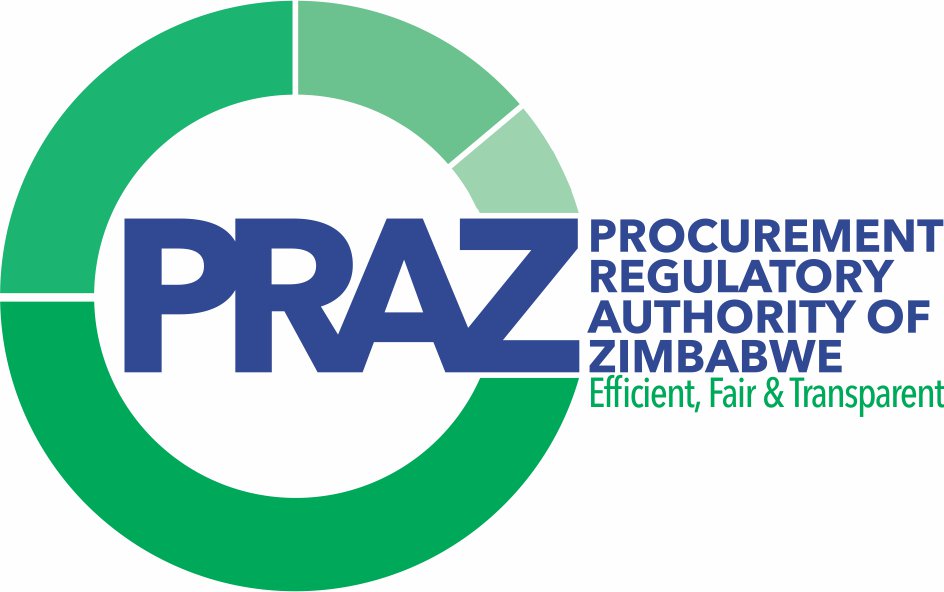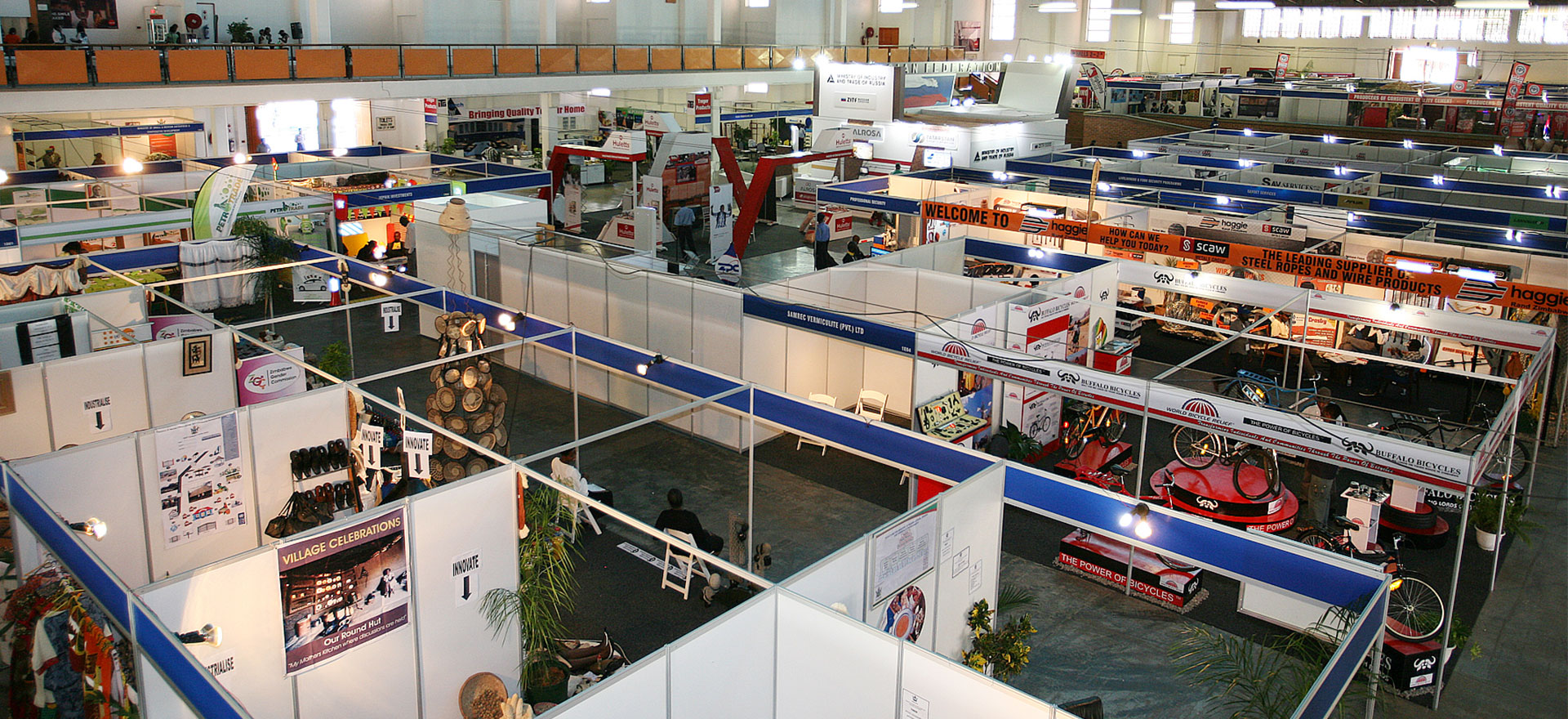Markets expect relief from mid-term budget
THE mid-term national budget should contain interventions that promote a conducive environment for businesses to operate while also fostering macro-economic stability, economic commentators and captains of industry have said.
THE mid-term national budget should contain interventions that promote a conducive
environment for businesses to operate while also fostering macro-economic stability,
economic commentators and captains of industry have said.
Finance and Economic Development Minister Professor Mthuli Ncube is expected to
present the mid-term fiscal policy statement on Thursday.
The upcoming fiscal policy statement comes on the back of inflationary pressures and
depreciation of local currency buoyed by financial market distortions.
In an interview, the Zimbabwe National Chamber of Commerce (ZNCC) president Mr Mike
Kamungeremu said: “The budget is expected to contain measures that enhance the smooth
running of businesses. To achieve macroeconomic stability, we expect the Minister to
curtail expenditure that has seen broad money growing at unprecedented levels.
Mr Kamungeremu
“Limiting the tight monetary policy stance to reserve money growth only where the
Reserve Bank of Zimbabwe (RBZ) has total control will not be sufficient to control
inflation.
As of last month, the rate of annual inflation stood at 191,6 percent up from 131,7 percent
in May 2022. In light of the above, he said Treasury has to strategically dispose off its local
currency holdings to avoid surprising the market with once-off payments towards
financing of on-going projects in which case the local currency would end-up chasing the
United States dollars on the parallel market.
“However, the recently introduced gold coins can be a good alternative to the US dollar in
terms of value preservation,” said the ZNCC president.
The gold coins are expected to start circulating today.
Mr Kamungeremu said he also expects Prof Ncube to remove all levies on fuel, particularly
petrol, like what he recently did on diesel and also reduce the duty on both petrol and
diesel.
At the end of last month, the Government completely removed the levy on diesel or
brought it to 0 cents and significantly dropped the levy on petrol and was now down to
4,7cents.
“With fuel prices going up globally and fuel being one of the major cost drivers, the midterm fiscal budget should address the impact of this cost burden on operations.
Over the past few months, following significant pressure on global fuel prices owing to the
Russia-Ukraine conflict, the Government has been intervening in the fuel industry in
order to stabilise fuel prices.
And on the revision of the incentive structure for investing in Special Economic Zones
(SEZs), he said ZNCC expects the Government to introduce a zero percent tax for a period
of 10 years from the first year of commencement of works in a multi-facility economic
zone or industrial park, on dividends declared on profits made on exports by companies
operating in the economic zones.
“The incentives issue needs to be addressed to spearhead investment in SEZs,” said Mr
Kamungeremu. An economic commentator Ms Chipo Mpofu echoed similar sentiments
adding that the upcoming mid-term budget review should also look at increasing the tax
threshold in order to improve consumers’ disposable incomes.
“The current tax-free threshold of $25 000 has been eroded by inflation and therefore it is
imperative that Prof Ncube raises the bracket with the reality on the ground in order to
improve disposable income for consumers,” she said.
The Confederation of Zimbabwe Industries (CZI) president Mr Kurai Matsheza said they
want the IMTT tax to be reviewed downwards to foster a positive business environment.
“The issues of IMTT as you know from the last budget statement, it’s now 4 percent on
US$ and 2 percent on ZWL$ and we have always been crying that these must be reduced.
“We want them both to be reduced, and we want both to be the same; the tax bracket with
inflation has gone the way it is and we need it (tax bracket) to be reviewed,” he said.
Mr Matsheza said they were quite optimistic that the Treasury would listen to the issues
that they have raised as submissions to the upcoming mid-term fiscal policy statement.
Speaking by telephone from Bulawayo, the National Consumer Rights Association
spokesperson Mr Effie Ncube said Prof Ncube should alleviate the tax burden in order to
increase the disposable incomes of consumers.
“This will spur spending and drive up economic growth. Secondly, the Minister must focus
on job creation and the stabilisation of prices while also paying attention to increased
budget to support infrastructure growth. Electricity and water supply should be
prioritised,” he said.
Mr Ncube
Market analysts are on record saying a supplementary budget was inevitable and taking
into account the prevailing inflationary pressures that have eroded this year’s $927,3
billion national budget presented last November.
The analysts contend that the supplementary budget should be twice the 2022 national
budget also taking into account that the local currency continues to depreciate.
“The mid-term budget review is essential especially in this inflationary environment
because the budget that was proposed last year has been eroded by inflation. The
allocations that were made at the beginning of the year or at the end of last year cannot
work now for the ministries. So it is essential to come up with a supplementary budget
which speaks to the realities of the day because of the effects of inflation and driven by
loss in value of the Zimbabwe dollar,” said an economic commentator Mr Trust Chikohora.-The Herald











